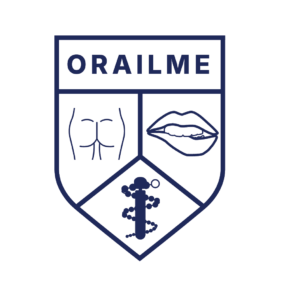A team of scientists working at UR Medical Center has identified a new regulatory pathway in human cells that controls ribonucleic acid degradation.
“Even though the human genome has been sequenced, we still don’t know exactly how gene expression is regulated,” Professor of Biochemistry and Biophysics at the Medical Center Lynne E. Maquat said. “This discovery is one of the regulatory methods. It isn’t easy to treat diseases without knowledge of gene expression.”
The breakthrough could potentially be the basis for a whole new approach to fighting disease.
“We have a very incomplete picture of how genes are regulated, “Maquat said. “We have identified one of the pathways that regulates gene expression.”
Maquat led the team that discovered the pathway.
Most methods of gene regulation observed so far in cells involve transcription, the first step in gene expression.
Recently, scientists have discovered several new methods for gene regulation that can place after transcription. One such method is “nonsense-mediated decay”.
When it was first discovered, NMD was thought to only destroy mutated RNA. It is now known that NMD regulates gene expression by controlling the lifespan of RNA.
Maquat and her team attempted to find out what controls NMD.
They introduced a component of the NMD complex, a protein called Upf1, into a pool of cellular proteins to determine which proteins interacted with Upf1.
They found that Stau1, an RNA binding protein, interacted with Upf1.
Upon further investigation, the team discovered that Stau1 didn’t interact with any other NMD proteins.
Removing the Stau1 from a cell had no effect on NMD.
The team then discovered that Stau1 and Upf1 act together to degrade RNA as part of a previously unknown pathway which the team called Stau1, mediated degradation, or SMD.
The research leading to this discovery was funded by grants from the National Institutes of Health.
The team’s next goal is to identify all the genes regulated by this new pathway and to find out more about how the pathway works.
Haymovits can be reached at ohaymovits@campustimes.org.
